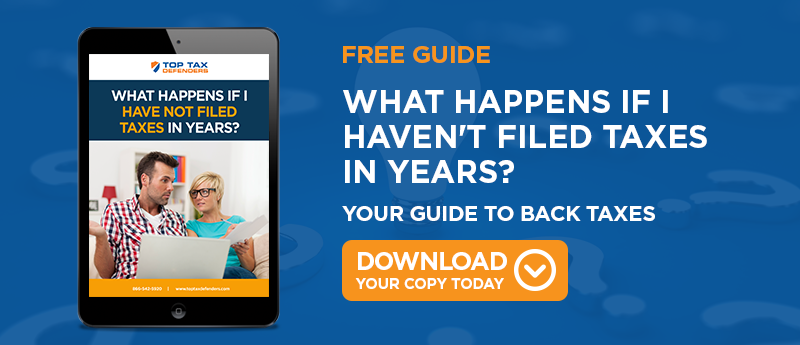
Innocent spouse relief is a provision offered by the Internal Revenue Service to spouses who were unaware that their husbands or wives were committing tax fraud. Taxpayers who qualify for this relief may be exempt from back taxes, penalties and criminal prosecution due to the fraud of the other spouse. Qualifying for innocent spouse relief, though, can be difficult, since there are many conditions a taxpayer must meet.

- Your spouse must have misrepresented financial information on the tax return - To be considered an innocent spouse your partner must have reported something incorrectly or deceitfully on your tax form. This might include making math errors that result in a larger refund, failing to report taxable income or claiming ineligible dependents. You cannot get innocent spouse relief from the IRS for other financial issues such as your spouse's credit card debt or loan obligations.
- Prove that you were not involved in the fraud - The most important qualification for innocent spouse relief is that you must not have been involved with or known about the fraudulent activity. For example, if you and your spouse shared a joint bank account and you had access to the balance information, you may be considered liable since you could have known about any additional income that was not reported.
- You must have filed a joint income tax return for the relevant tax year - When couples file a joint income tax return, they are each accepting shared responsibility for the reported information on their form. As such, the IRS can legally pursue both partners for back taxes, even if only one committed fraud or incurred the debt. To get relief from this debt, you must have filed jointly for the tax year in question.
- Request relief within the allotted time - The Internal Revenue Service only gives innocent spouses two years from the date they take collective action for the tax debt to request relief. It is essential that you submit IRS Form 8857 "Request for Innocent Spouse Relief" before that time expires.
If you meet all of these qualifications, the IRS may consider you an innocent spouse and exempt you from responsibility for your spouse's tax obligations. However, if you are unsure about your eligibility for this provision or if you need assistance completing Form 8857, talk to an experienced tax resolution specialist or a tax attorney. These professionals can provide you with resources that will help you to apply for relief properly.



